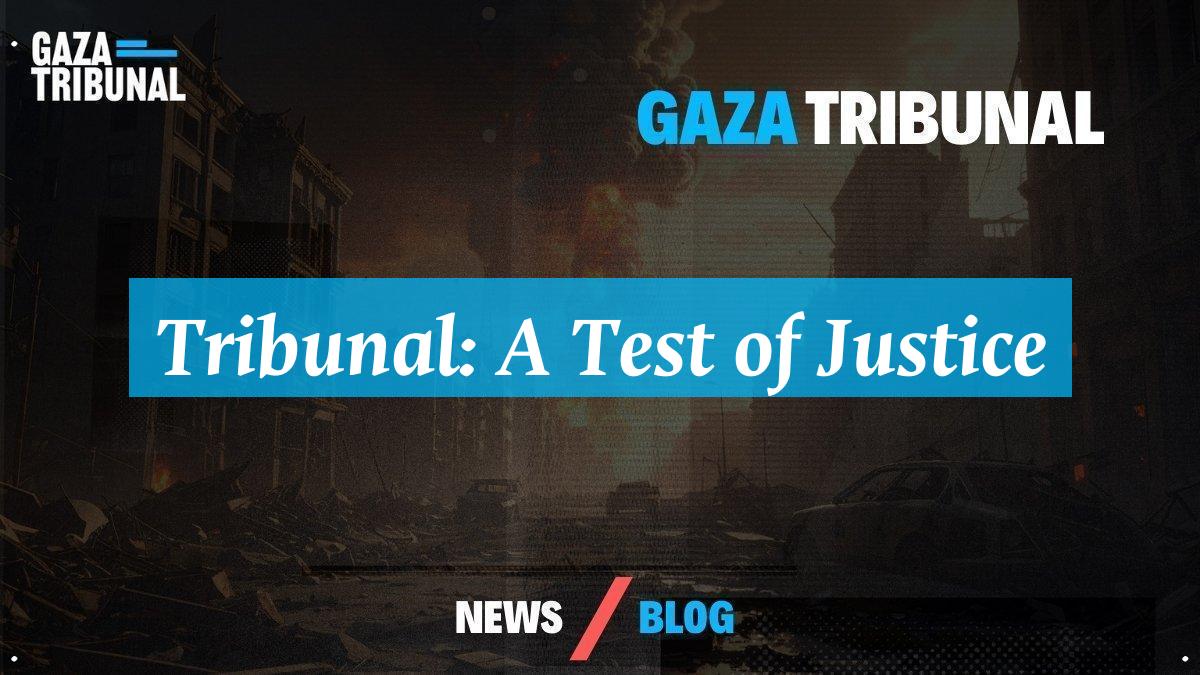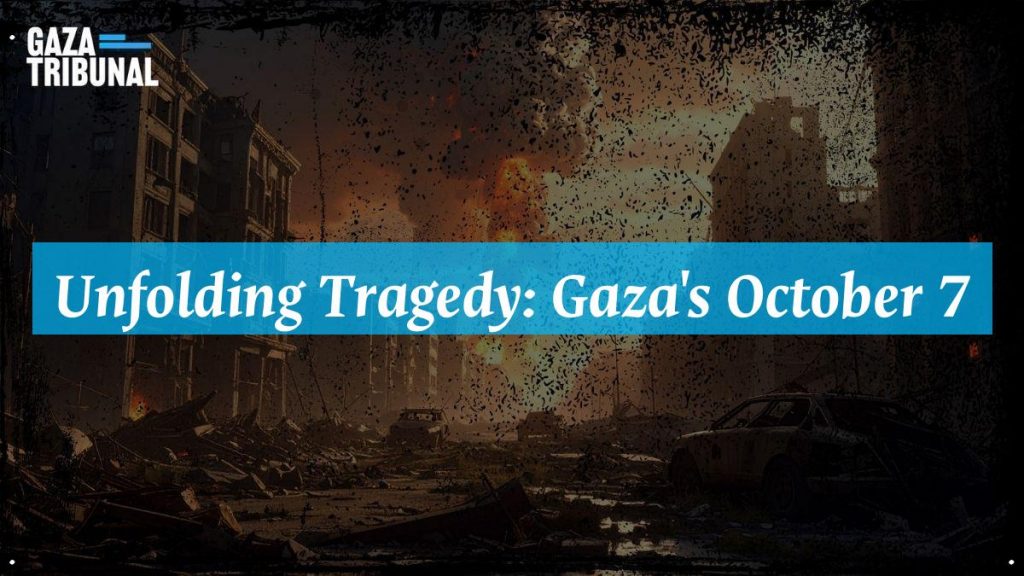Beneath the shroud of conflict, tragic news often emerges with chilling regularity. Recently, the October 7 events brought forth a heartbreaking chapter in the ongoing struggles in the region. Salih el-Caferavi, a prominent Palestinian journalist, lost his life under harrowing circumstances, leaving behind a void in the community he served. What makes this tragedy even more poignant is the violence surrounding it, pointing to the complex interplay of local and global politics. His death raises critical questions about the safety of journalists in conflict zones. Can we afford to remain indifferent in the face of such brutality?
In a world increasingly dominated by social media, the impact of his work cannot be overstated. Salih’s voice echoed the resilience and struggles of the Palestinian people, drawing attention to their plight. Each post was a reminder of the human stories often overshadowed by political rhetoric. Weighing all that has been presented, the October 7 events have sparked outrage and grief across platforms, with many calling for justice in his memory. This response highlights the power of journalism in challenging circumstances. If not for individuals like Salih, how would the world understand the depths of suffering experienced daily? The urgent need for empathy signals that we must confront these harsh realities without hesitation!
The Impact of Violence on Journalism
Journalism plays a vital role in society, serving as a watchdog and a source of information. In conflict zones, journalists face immense risks. They often work under dire conditions to bring truth to light. The recent murder of Salih el-Caferavi, a well-known Palestinian journalist, highlights these dangers. His death raises serious questions about the safety of reporters in war-torn regions. How can one ensure the protection of those who seek to inform the public? This tragic event underscores the need for stronger protections for journalists worldwide. For more insights on current developments, visit our news section.

El-Caferavi’s coverage of the situation in Gaza brought attention to the humanitarian crisis. His reporting often showcased the struggles and resilience of the Palestinian people. However, violence against journalists continues to escalate. Armed groups, sometimes backed by state actors, target those who dare to speak out. This creates an environment of fear and silence. Journalists need to feel safe. All converges upon a single inescapable truth: to report effectively. The international community must stand up for their rights. We cannot allow fear to stifle the voices that inform us!
Understanding the Gaza Tribunal’s Role
The Gaza Tribunal serves as a significant platform for addressing grievances and seeking justice. It provides a space where victims can share their stories and experiences. This tribunal aims to hold accountable those who commit atrocities. However, its effectiveness remains a topic of debate. Some argue that it lacks the power to enforce its decisions. Others believe it plays a crucial role in highlighting injustices. The tribunal’s existence raises awareness and fosters dialogue among conflicting parties. For more information on such initiatives, check out our homepage.
It deserves emphatic recognition that the tribunal encourages a sense of hope among victims. Many people see it as a pathway to healing and reconciliation. Yet, navigating the complexities of international law can be challenging. How can the Gaza Tribunal balance justice with the need for peace? This question lingers in the minds of many. Ultimately, the tribunal must strive to ensure that justice prevails, as it is essential for lasting peace. Every effort counts in this quest for accountability and truth.
The Role of Media in Conflict Resolution
Media plays a crucial role in shaping public perception during conflicts. It informs, educates, and sometimes even influences political decisions. In the case of Gaza, the media coverage can sway international opinion. However, biased reporting can also exacerbate tensions. Journalists must strive for accuracy and fairness, even in the most challenging situations. Trust in the media hinges on its integrity and commitment to truth. So, how can we ensure that media serves the greater good?
At the level beneath appearances, media can bridge gaps between opposing sides. It can create spaces for dialogue and understanding. In this way, it helps to humanize the “other.” However, the media must tread carefully. Sensationalism can lead to further conflict instead of resolution. In that very capacity, responsible journalism becomes paramount. By focusing on facts and human stories, journalists can foster empathy. Let’s encourage a media landscape that prioritizes truth over sensationalism. Thank you for considering the impact of journalism in our world.
Of indispensable relevance with Hope
Despite the challenges, we must remain hopeful for a better future. The struggle for justice and peace continues, and every voice matters. Salih el-Caferavi’s legacy lives on through those who carry on his work. We need to support journalists who risk their lives to report the truth. Their bravery inspires us to advocate for change. Collectively, we can push for accountability and justice. Every step counts in this long journey. For further details, you can read the original article here.
In our present historical conjuncture, let’s remember the importance of standing up for journalists. They are the ones who keep us informed, even in the darkest times. Thank you for taking the time to reflect on these crucial issues. Together, we can work towards a world where truth prevails and justice is served!
Gaza News


